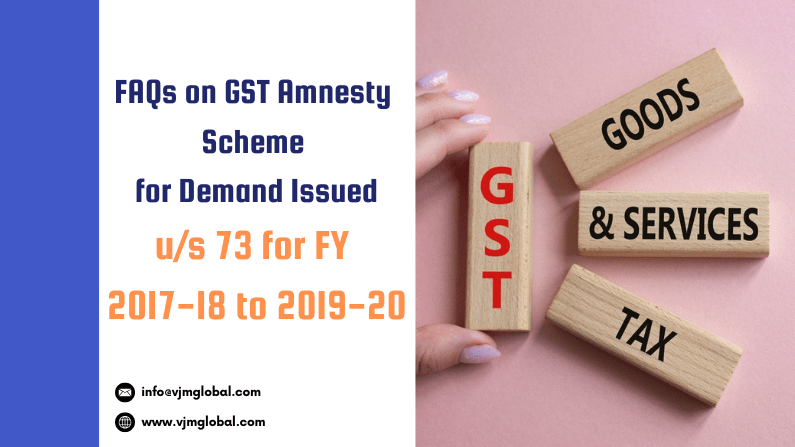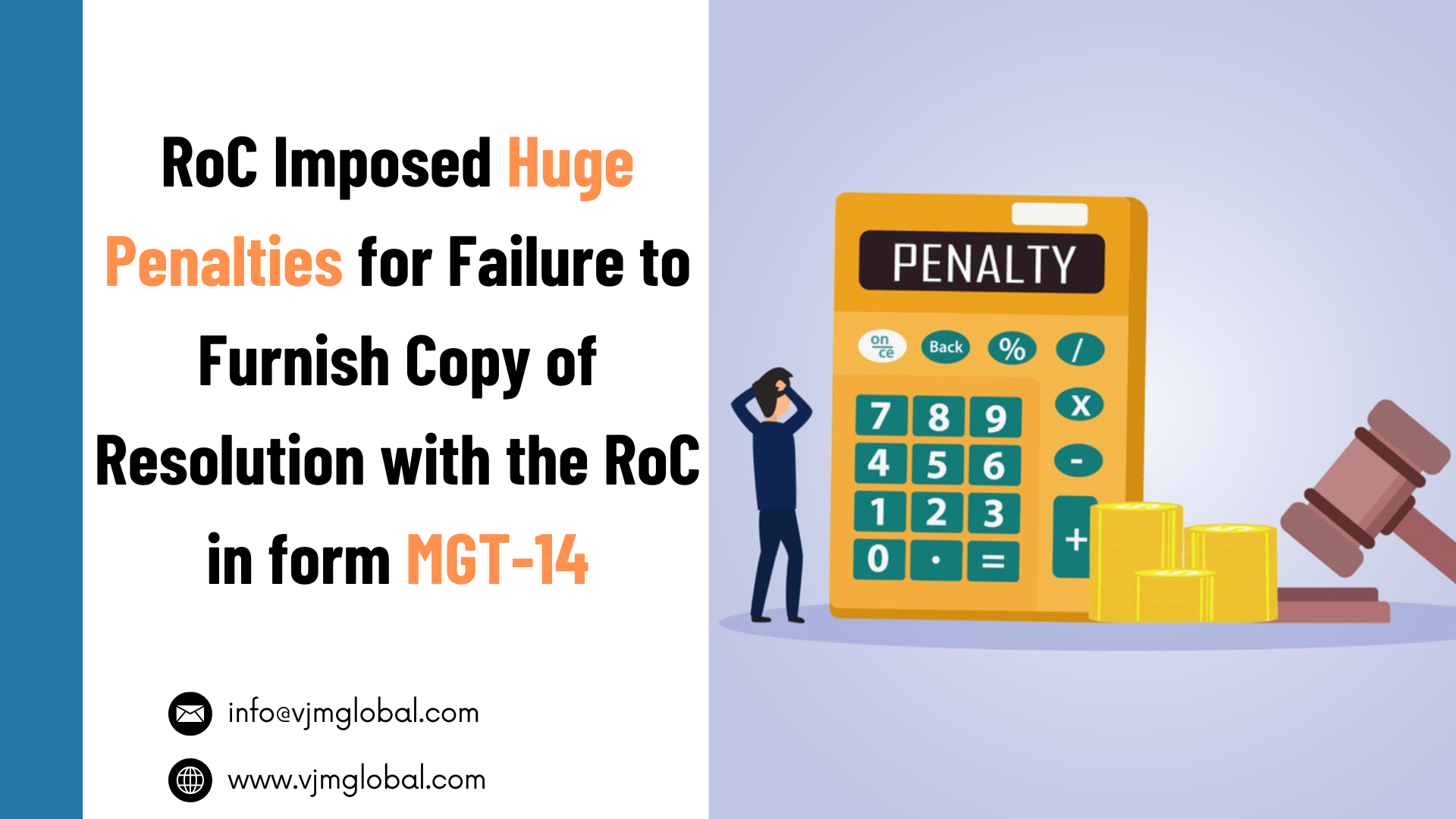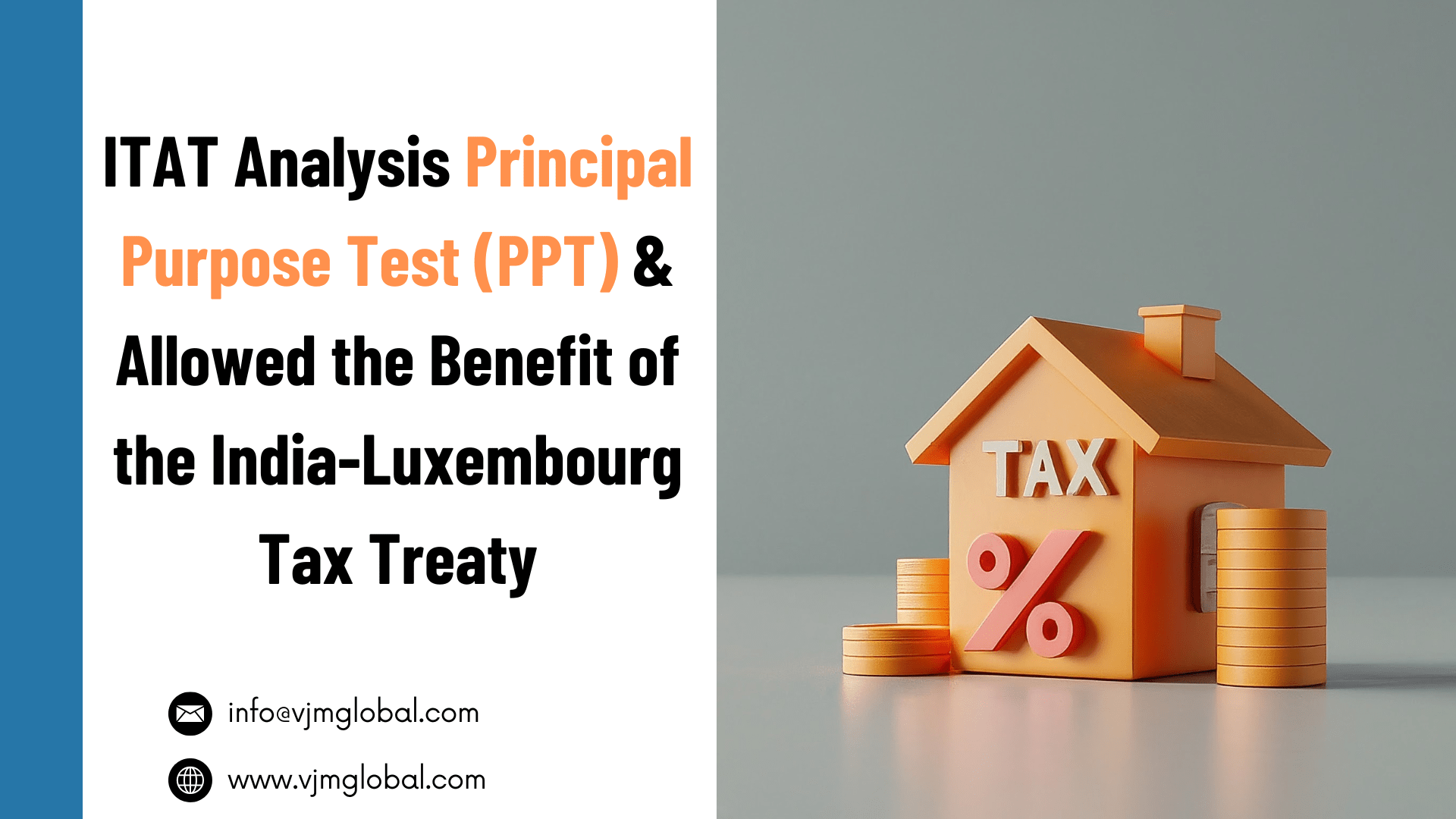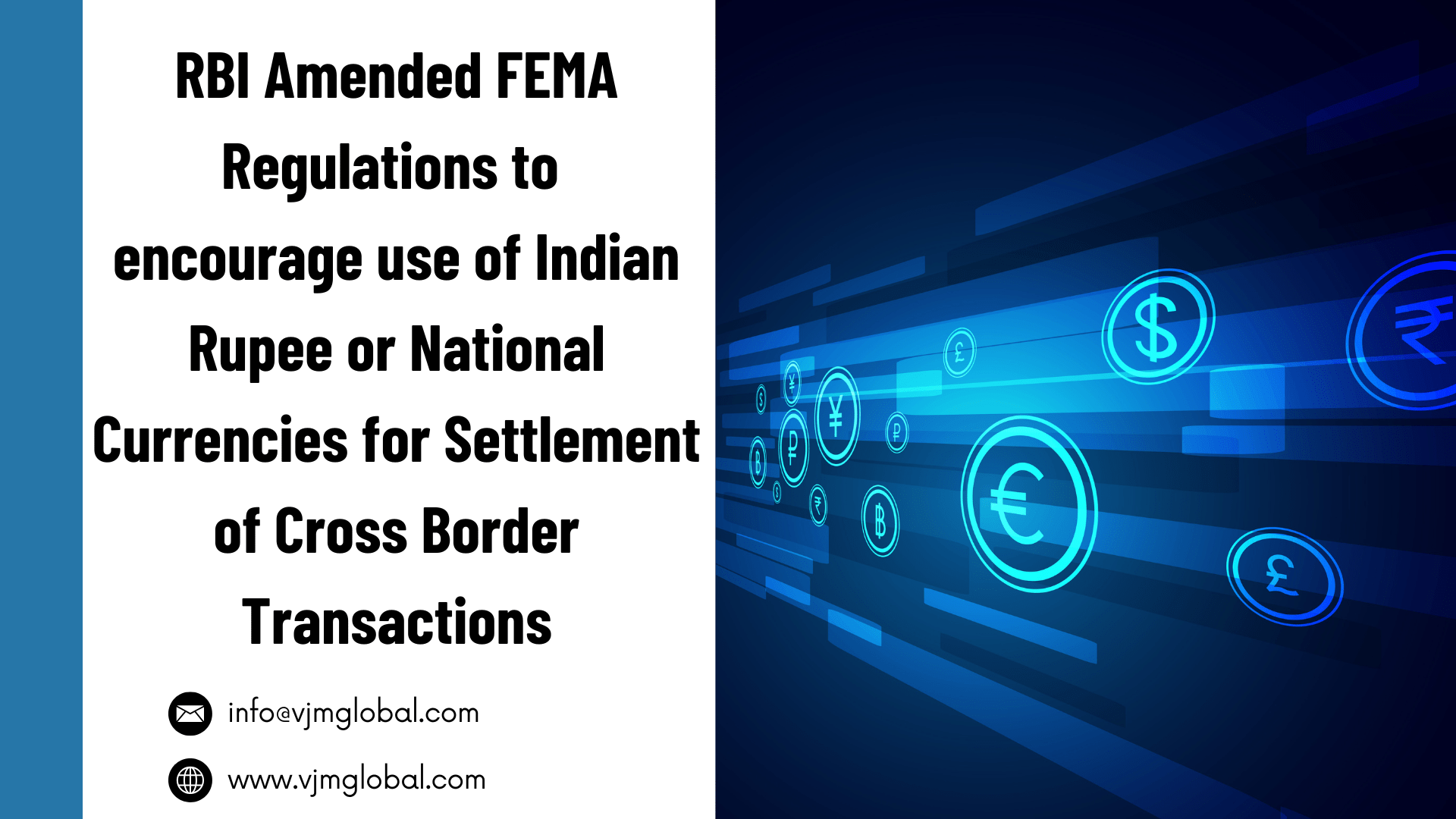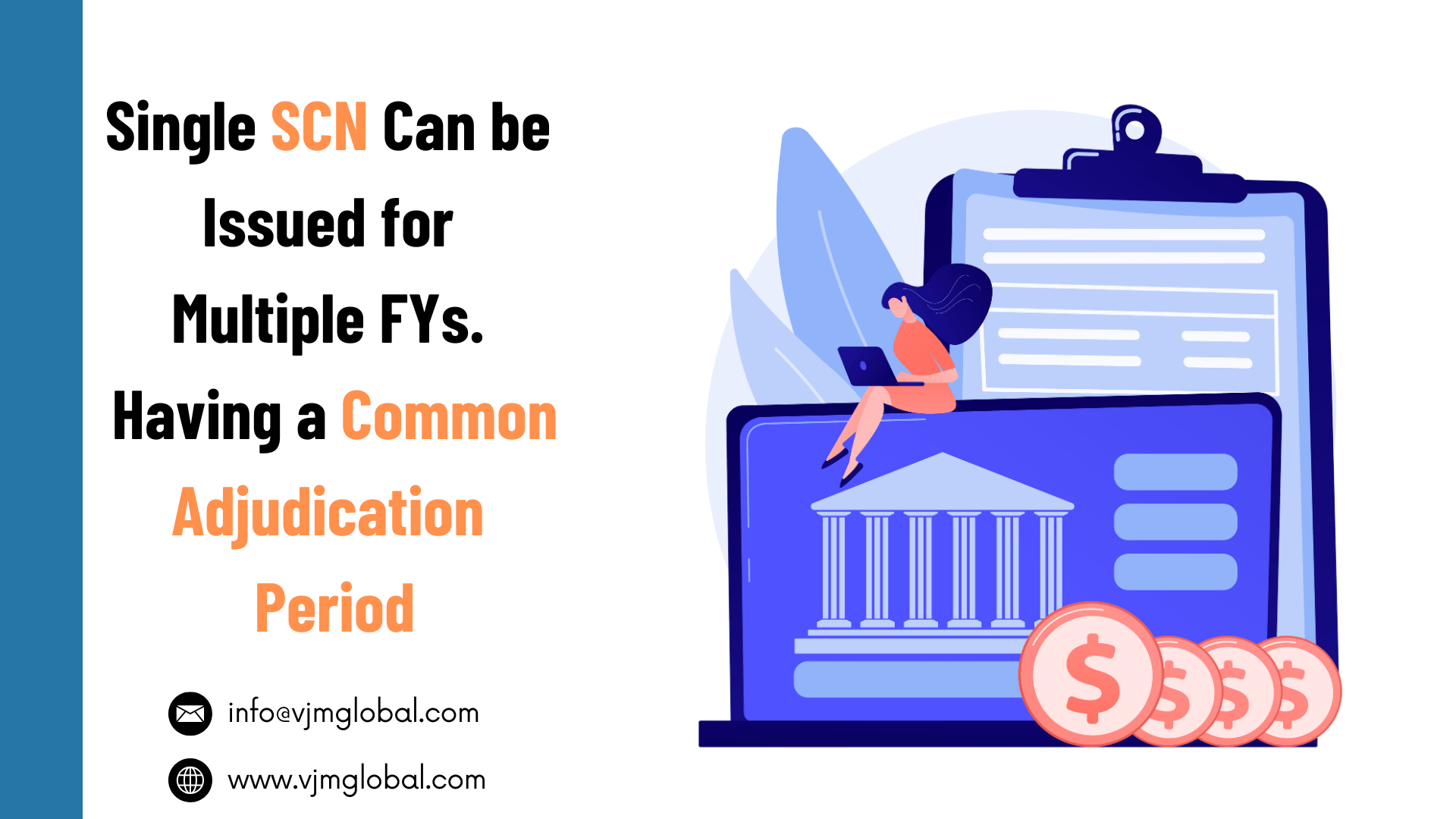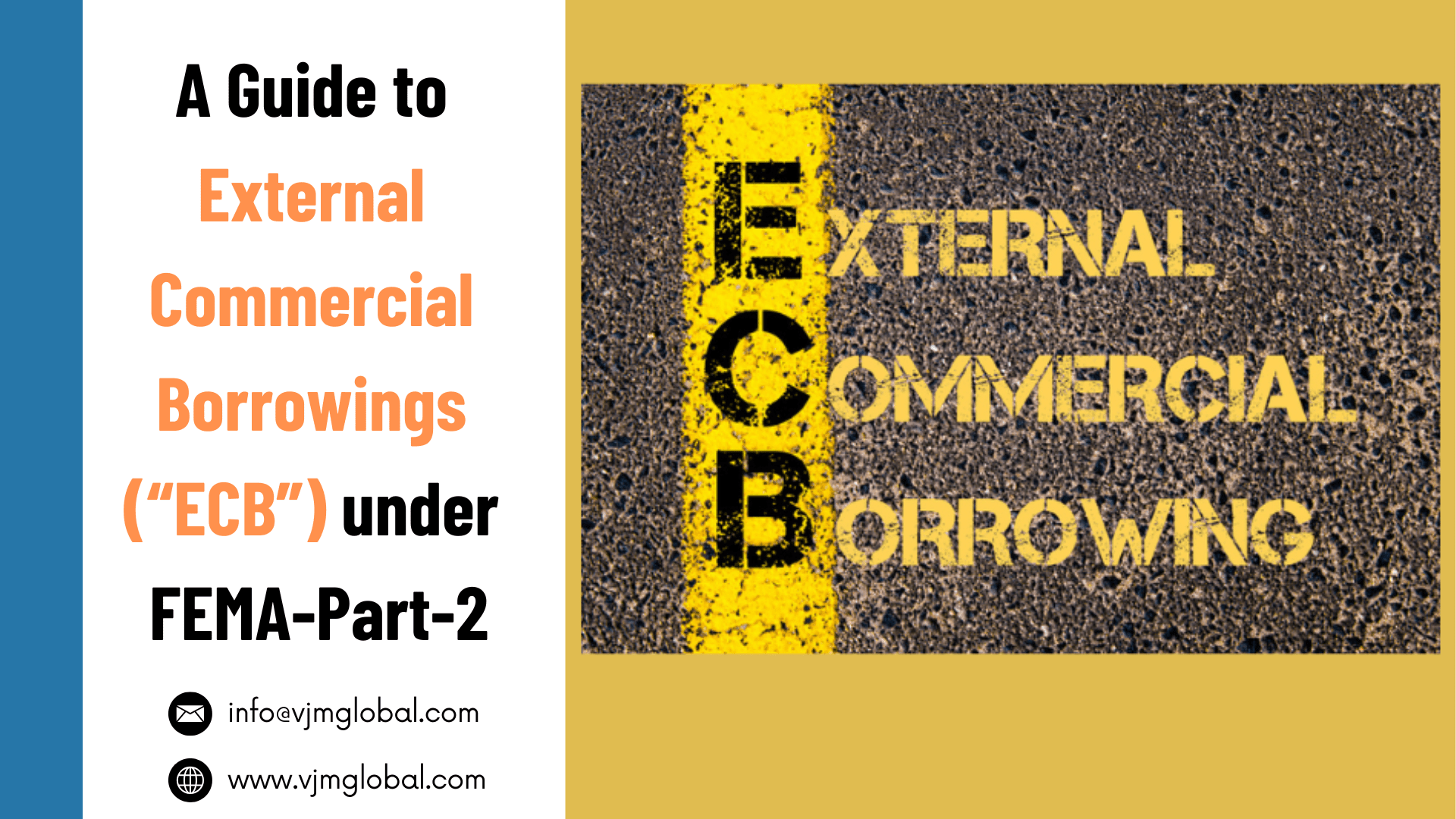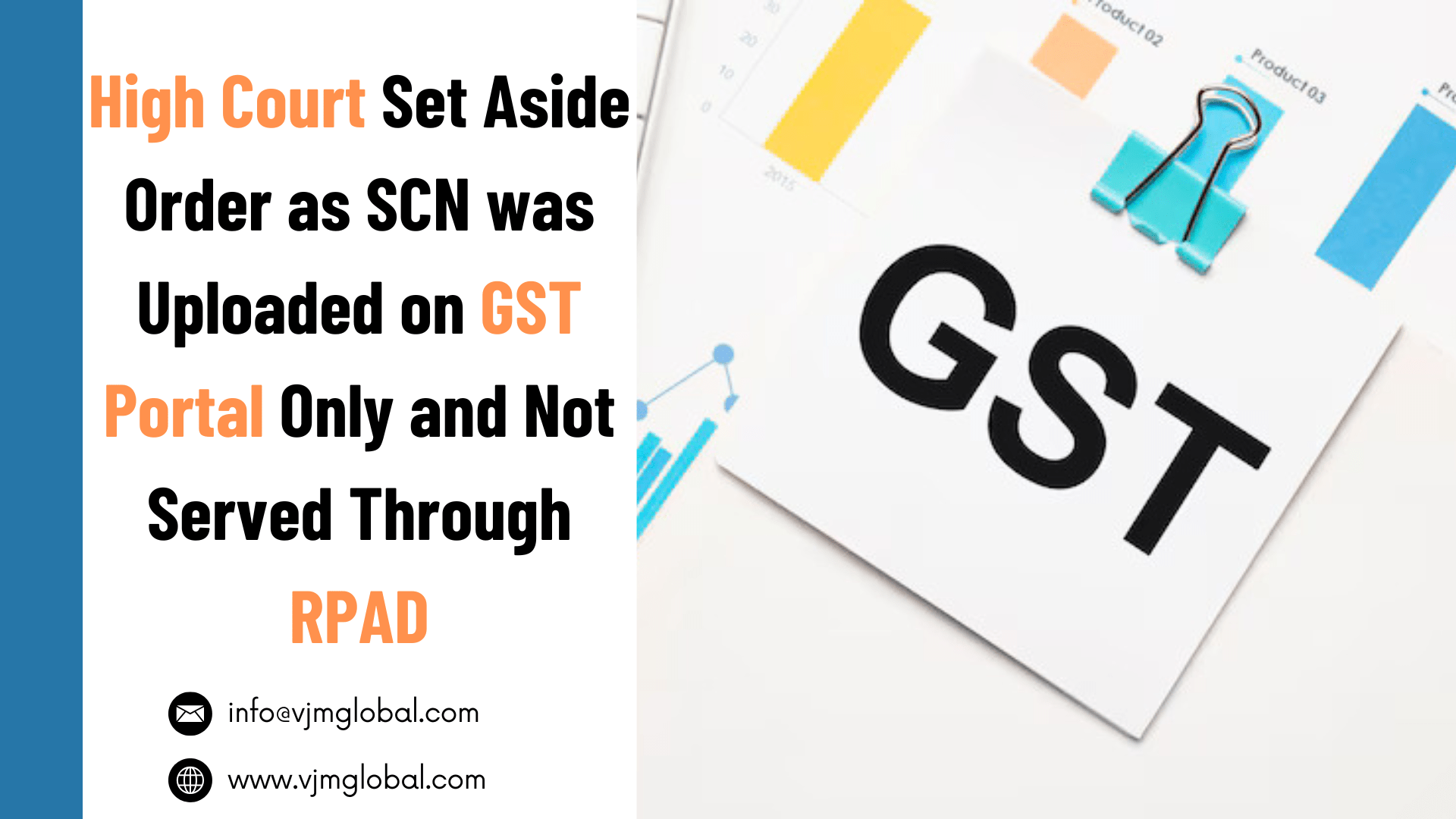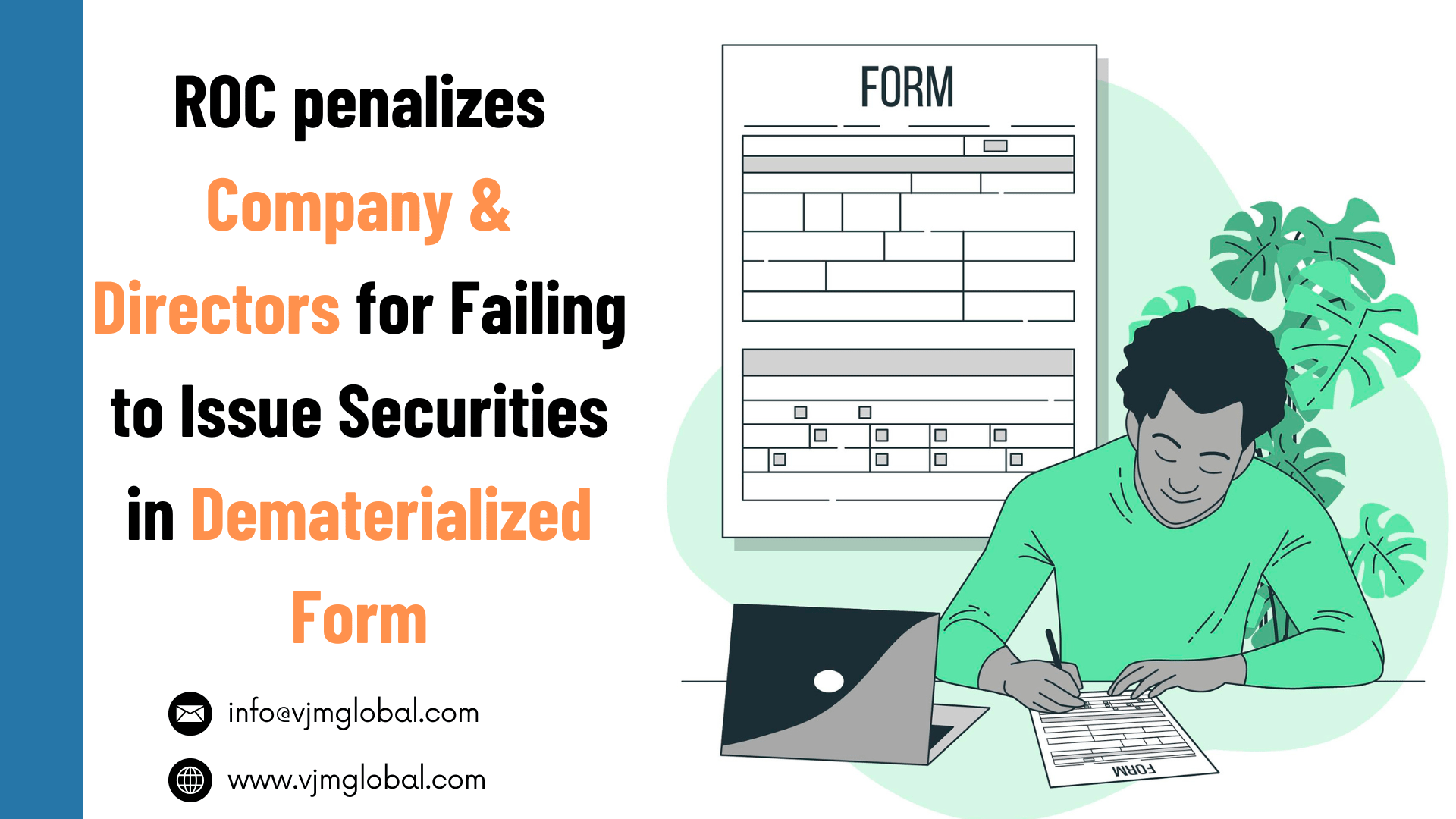Considering the importance of the Amnesty scheme for taxpayers and the doubt taxpayers are having in their minds, The CBIC has issued the following detailed Frequently asked Questions with respect to applications to be filed under Section 128A vide Circular No. 238/32/2024-GST dated 15.10.2024.
FAQs On GST Amnesty Scheme for Demand Issued
1. Whether the benefit under Section 128A shall be available to taxpayers who have paid the tax component in full before the effective date of Section 128A?
- All amounts paid toward demand up to 31st March 2025 shall be considered as amount paid under section 128A(1) as long as the said amount was intended to be paid towards the said demand.
- The benefit shall be available irrespective of whether the said payment is done before the effective date of Section 128A or afterward.
- Further, benefits shall also be available even in case the payment is made before the issuance of the demand notice or demand order.
2. Whether the amount recovered by the tax officers from any other person on behalf of the taxpayer be considered as tax paid under Section 128A?
- Yes, the tax amount recovered by the tax officer from any other person on behalf of the taxpayer against a demand shall be considered as tax paid for section 128A.
- However, such an amount should be recovered before 31.03.2025.
3. If the taxpayer has made any payment as interest or penalty or both against the demand under Section 73 for Financial Years 2017-18, 2018-19, and 2019-20 then whether such amount be adjusted against the tax amount payable under Section 73?
- No. As per the third proviso to Section 128A(1), no refund shall be granted of any amount already paid as interest or penalty.
- Accordingly, the amount paid as interest or penalty cannot be adjusted towards the tax amount.
4. Whether the benefit of Section 128A be claimed in the case where the taxpayer has already paid the tax due and now the notice or demand orders only pertain to the interest and/or penalty involved?
- Such cases shall be considered for availing the benefit of section 128A.
- However, no waiver of interest and penalty shall be granted where the interest has been demanded on account of delayed filing of returns, or delayed reporting of any supply in the return, as such interest is related to demand of interest on self-assessed liability and does not pertain to any demand of tax dues and is directly recoverable under sub-section (12) of section 75.
5. Whether the benefit of Section 128A be claimed for partial waiver of interest or penalty, i.e., waiver related to certain matters mentioned in the demand order and opts to litigate for the remaining issues?
- Section 128A (1) clearly provides that the waiver of interest or penalty or both is only applicable when the full amount of tax demanded in the notice/ statement/ order is paid.
- Therefore, the benefit can’t be claimed against partial interest or penalty
6. Where the notice/order issued under Section 73 covers more than one financial year, including FY covered under Section 128A and other Financial years, then whether the benefit of Section 128A can be availed for the period covered under Section 128A? If so, what is the tax amount payable for claiming a waiver under Section 128A?
- In such a case, the CBIC has clarified that the taxpayer can claim the benefit of Section 128A for the period covered under Section 128A.
- However, as per Rule 164(4), the taxpayer shall be required to pay the full amount of tax demanded in the notice/statement/order to claim the benefit.
- After payment of tax demanded for the whole period, the waiver of interest or penalty shall only be applicable for the period specified in section 128A and not for the period not covered under the said section.
- On payment of the full amount demanded in the notice/ statement/ order, if the proper officer finds that the applicant is eligible for a waiver of interest or penalty for tax periods covered under Section 128A then he will reduce the liability to that extent in his order in FORM GST SPL-05. The remaining liability of interest or penalty for tax periods not covered under Section 128A shall remain payable by the taxpayer.
- Such remaining amount shall be paid by the applicant within 3 months from the date of issuance of the order in FORM GST SPL-05 or FORM GST SPL-06.
- In case of non-payment within the specified time, the order in FORM GST SPL-05 or FORM GST SPL-06 shall become void.
7. Where the notice/ statement/ order issued under Section 73 involves multiple issues and one of them is regarding the demand of an erroneous refund, whether an application can be filed for a waiver of interest or penalty or both under Section 128A? If so, what is the tax amount payable for claiming a waiver under Section 128A?
- Yes. However, as per Rule 164(3), the taxpayer shall be required to pay the full amount of tax demanded in the notice or statement or order including on account of erroneous refund, to avail the benefit of Section 128A.
- A waiver under section 128A shall be available only in respect of tax demands other than the demands pertaining to erroneous refunds.
- On payment of the full amount of demand, if the proper officer finds that the applicant is eligible for a waiver under section 128A then in respect of tax demand other than that pertaining to the demand of erroneous refund he will reduce the liability to that extent in his order in FORM GST SPL-05.
- The interest or penalty concerning erroneous refund shall remain payable.
- Such an amount should be paid by the applicant within 3 months from the date of issuance of the order in FORM GST SPL-05 or FORM GST SPL-06, as the case may be.
- In case of non-compliance, the order in FORM GST SPL-05 or FORM GST SPL-06, as the case may be, for waiver of interest or penalty shall become void.
Read Also: All You Need to Know About GSTR-5 | Due Dates |Eligibility | FAQs
8. Where the department has filed an appeal against the order mentioned in Section 128A(1)(b) or (c) and the concerned authority issues an order enhancing the tax liability, and in the meanwhile the proper officer has issued an order in FORM GST SPL-05 under section 128A, and the taxpayer has not paid the said additional amount of tax liability within the specified time limit, what will be the status of the conclusion of proceedings under Section 128A?
- As per the second proviso to section 128A, the conclusion of proceedings shall be subject to the condition that such person pays the additional amount of tax payable within 3 months from the date of the said order.
- Accordingly, where the order is issued in FORM GST SPL-05 or FORM GST SPL-06, the conclusion of such proceedings will be subject to the condition that the taxpayer pays the additional tax amount within 3 months from the date of such.
- In case of non-payment within 3 months, the waiver of interest or penalty under section 128A shall become void.
9. Section 128A(3) only refers to an appeal or writ petition. However, what procedure is to be followed when an SLP is filed by the applicant and the same is pending before the Supreme Court?
- In this case, well, the applicant will withdraw the said special leave petition and apply FORM GST SPL-01 or FORM GST SPL-02, as the case may be, along with proof of withdrawal.
- In such cases, the procedure mentioned in para 3.1.6 of the circular shall be followed.
10. Whether the benefit provided under Section 128A will be available for matters involving IGST and Compensation Cess?
- Yes. joint reading of section 20 of the IGST Act and section 11 of the GST (Compensation to States) Act, 2017 along with section 128A of the CGST Act makes it clear that the benefit provided under Section 128A of the CGST Act will be available for matters involving IGST and compensation cess as well.
- In such cases, full payment of tax means payment of CGST, SGST, IGST, and compensation cess demanded in the notice/ statement/ order.
11. Whether Section 128A cover cases involving the demand for irregularly availed transition credit?
- The transitional credit is considered to be availed on the date on which the said credit amount is credited in the Electronic Credit Ledger.
- As per Rule 121 read with Rule 117(3), any demand in respect of transitional credit wrongly availed can be made under section 73 or section 74.
- Therefore, if the amount of transitional credit has been availed in the period covered under Section 128A and notice for demand of wrongly availed credit is issued under Section 73, the same is covered under Section 128A.
12. Whether Section 128A cover the waiver of penalties under other provisions, late fees, redemption fines, etc?
- Any penalty, including penalties under Section 73, section 122, section 125, etc, demanded under the demand notice/ statement/ order issued under Section 73, is covered for Section 128A.
- However, late fees, redemption fines,s, etc are not covered under the waiver provided under Section 128A.
13. Whether payment to avail waiver under Section 128A can be made by utilizing ITC?
- The taxpayer is required to pay the amount of tax demanded in the notice order or statement issued under section 73 to claim the benefit of Section 128A.
- Such tax demand can be paid by debiting from the electronic cash ledger or by utilizing the Input Tax Credit (ITC.
- However, where the demand is in respect of any amount of tax to be paid by the recipient under RCM or by the Electronic Commerce Operator under section 9(5), then such amount shall be paid by debiting the electronic cash ledger only and not through the electronic credit ledger.
- Further, the demand for erroneous refunds paid in cash is required to be paid only by debiting the electronic cash ledger and not through the electronic credit ledger.
14. Whether the benefit of waiver under Section 128A be availed qua import IGST payable under the Customs Act, 1962?
- In such cases, demand is not issued under section 73 of the CGST Act, but is issued under the provisions Customs Act, 1962.
- Therefore, such cases are not covered under a waiver of interest or penalty or both under section 128A.
15. Retrospective insertion of Section 16(5) or (6) of the CGST Act reduces the tax demanded in notice/ statement/ order. In such a case, Whether the entire tax amount demanded in the notice/ statement/ order has to be paid to avail of the benefit under section 128A?
- Rule 164(5) mentions that the amount payable to avail the benefit under section 128A shall be calculated after deducting the amount not payable by Section 16(5) or (6).
- Therefore, the applicant is required to pay only the amount that is payable after deducting the amount payable on account of Section 16(5) or (6) of the CGST Act.
- While calculating the amount deductible on account of Section 16(5) or (6), the taxpayer is required to ensure that such amount is deducted only where ITC has been denied solely on account of contravention of Section 16(4) of the CGST Act and not on any other grounds.
- He is also advised to provide a breakup of the amount not payable by him anymore in FORM GST SPL-01 or FORM GST SPL-02 to enable the officer to verify the payment easily.
16. Where application is filed in FORM GST SPL-02, where the applicant has paid full or partial amount of tax through FORM GST DRC-03, whether the said applicant is mandatorily required to apply FORM GST DRC-03A for such tax amount which he desires to get adjusted against tax demand as per FORM GST DRC-07/ FORM GST DRC08/ FORM GST APL-04?
- Yes. In cases where an order in FORM GST DRC-07, FORM GST DRC-08, or FORM GST APL-04, as the case may be, has been issued and such taxpayer has paid the required amount through FORM GST DRC-03, such applicant is necessary to adjust the said amount towards the demand created in the Electronic Liability Register, as per the second proviso to sub-rule (2) of rule 164, before applying FORM GST SPL-02.
Conclusion:
The FAQs address most of the taxpayer’s common questions, and the clarification issued by the CBIC will help in systematically handling the applications filed under Section 128A of the CGST Act.

